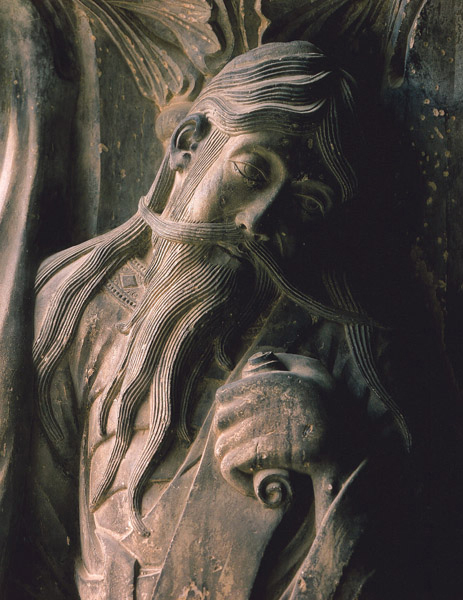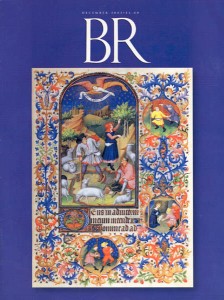
We usually think of the prophets as lacking an independent will. The prophet is the agent of the Lord. At times he is sent against his will by the power of the divine hand that grabs him.
There is, of course, some truth in this. For example, in Ezekiel: “The spirit lifted me up and took me, and I went about bitter in the distress of my soul. And the hand of the Lord was strong upon me” (Ezekiel 3:14).
The divine force overwhelms the prophet, takes him up by the forelock, and commands him to speak and to stand up against an inimical people. This power alienates the prophet from society and fills him with gloom and deep depression. The hand of the Lord signifies the submission of the prophet before the overwhelming majesty of the divine personality. The prophet is thus the instrument of divine severity, the attribute of divine justice.
But messengership is only part of the picture. The prophet has another function: He is also an independent advocate to the heavenly court who attempts to rescind the evil decree by means of the only instruments at his disposal—prayer and intercession.
Already a library member? Log in here.
Institution user? Log in with your IP address.

